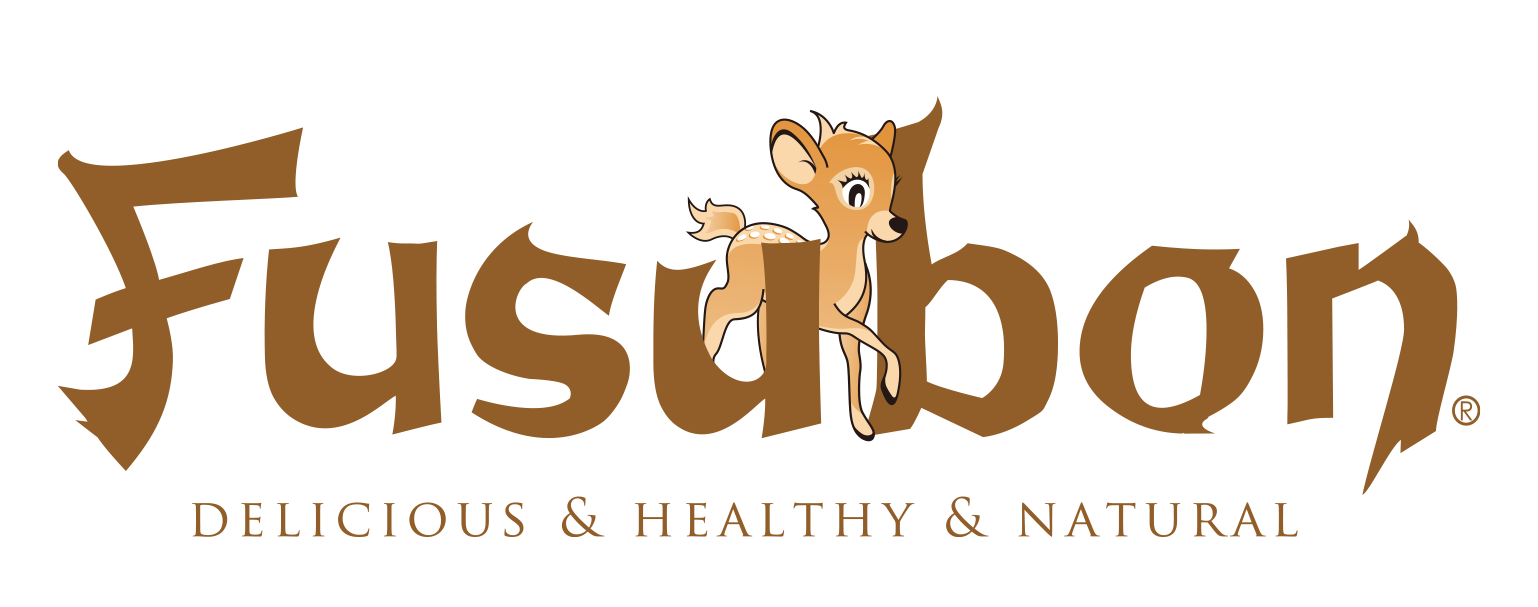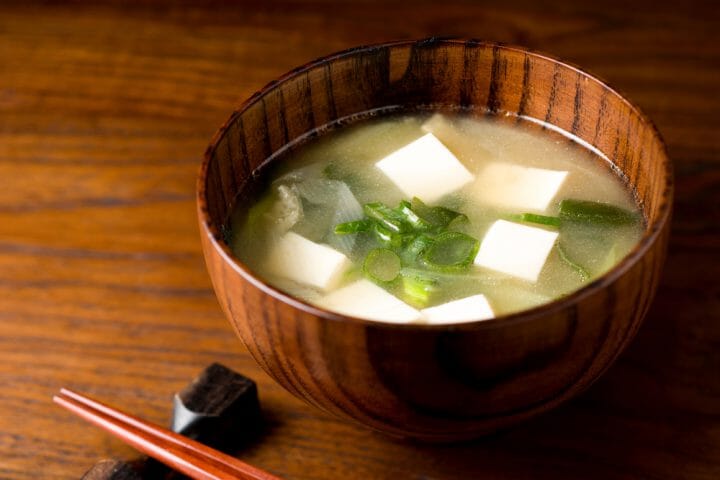 A conversation between Rie Harima of Food Education University and Hirofumi Kawatani of Fusubon
A conversation between Rie Harima of Food Education University and Hirofumi Kawatani of Fusubon
Thinking about food education
(Kawatani) Good morning everyone! Today we have with us Ms. Rie Harima, who founded the Food Education University.
Harima-san and I have had the opportunity to talk about food, health, and carbohydrate restriction since he first became interested in Fusubon and purchased a lot of it.
As you have recently launched a school called Shokuiku University, where people can learn about health and nutrition, I would like to hold a talk to discuss the topics of food and health.
Thank you for taking the time to see me today, Harima-san!
(Harima) Thank you very much!
(Kawatani) Let’s start by talking to each other about what first got you interested in food and body building, and food and health.
First, let me talk about three main points.
I came across carbohydrate restriction through internet media.
After reading Fukuoka Shinichi's "Between Living and Non-Living Things," I learned about dynamic equilibrium .
When I was training at the gym, I wanted to work hard not only on my training but also on my diet.
I feel like I've been influenced quite a bit by Fukuoka in particular.
To put it simply, food is not just energy, it replaces parts of the body.
Until then, I had tended to view the body in mechanistic terms, but even when we say a hand, nose, or stomach, it is not possible to define what constitutes a part; the parts and the whole are connected, and you cannot replace just the broken parts of a living organism, like you can replace the steering wheel of a car or parts of a television.
I found it eye-opening to hear the explanation that gasoline in a car is simply burned to obtain energy and does not become a part of the car, but when living organisms eat, they not only obtain energy, but the food itself becomes part of their body.
Looking back, I think that what we eat builds our bodies is a common phrase that we've been told since we were little, and it's a very obvious thing, but up until then, I thought I understood about food, but in fact I didn't.
Please tell us what made you start thinking about food and health.  Food education is very important
Food education is very important
What first made me think about food education?
(Harima) When I was young, I suffered from gout, constipation, anemia, acne, and blemishes.
I married my husband 24 years ago (I was 28 at the time). My husband has had severe atopic dermatitis since he was a child, so before he married me, my family had started to review our diet, starting to use nutritional supplements and being careful about seasonings and additives. As a result, my husband and my mother-in-law knew more about food and health than I did.
Then, inspired by my mother-in-law and husband, I attended various lectures and seminars and obtained my advanced food education instructor certification (Japan Food Education Association, a non-profit organization).
For me, by changing my diet from one that relied mainly on eating out to one that I learned about eating at home, I was able to become healthy without taking any medication.
(Kawatani) I see. I'm glad you met your husband!
It is certainly important to be careful, as the effects of preservatives and additives are often not direct.
For example , the preservatives in convenience store sandwiches may not have a direct effect on your body, but they kill your intestinal bacteria.
It may have an indirect effect on the body, but it's difficult to prove that.
Commercially available milk is pasteurized at high temperatures to extend its shelf life, destroying most of the nutrients .
I have always been troubled by the fact that important aspects are being left behind due to short-term expiration dates and logistics.
As a result of the above, at Fusubon, we don't just limit the sugar content, but also use organic wheat bran and soy flour , and store our products in the freezer without using artificial sweeteners, preservatives or additives .
I believe that Food Education University was started with the desire to educate everyone about food and health, but could you tell me more about how it was established?
 Let's all think about the importance of food education
Let's all think about the importance of food education
The reason for launching Food Education University
(Harima) From my own experience, I knew firsthand the importance of food and health.
On the other hand, I see many children around me who have allergies, and although I have tried to provide nutritional education to them as much as I can, there are limits to what I can do on my own.
The reason I decided to start a Food Education University was because I wanted to increase the number of people who can disseminate accurate information about food education .
Participants in the Food Education University do not simply learn about food and ingredients; each participant also becomes a lecturer and expands the circle to the next generation.
I feel that even though people today love studying, there are few who share their knowledge.
I think we need to increase the number of murderous adults.
Recently, a city's board of education conducted a survey on adult diseases among elementary school students and found that 35% of the children were affected by one of the survey items.
When I looked at the manual issued by the Board of Education, including the menus, I was stunned.
I don't know who came up with the idea of adding four tablespoons of margarine to the stew and seasoning with sake, but the menu has not evolved at all and seems like it's from the Showa era.
Since nutritionists and chefs do not need to update their information, if they do not study it, the information remains outdated .
If this is the case even among professionals, the food made for children by ordinary adults who have no interest in food is likely to be even worse.
I feel that activities to spread food education are necessary in order to break the negative cycle between generations regarding food .
(Kawatani) I see. I think this is a very important initiative.
It is true that nutrition has changed dramatically over the past decade, so many things that were once considered correct are now incorrect, and vice versa.
It has been said that the sugar contained in soft drinks and sweets is responsible for children's restlessness, irritability, and lack of concentration.
I feel that school lunches also need to be reviewed, but there are issues such as the cost of school lunches, and because the unit price is generally low, the meals end up being high in carbohydrates, low in protein and low in fat.
The important things to remember when restricting carbohydrate intake are: 1) reducing carbohydrate intake, 2) making sure to consume high-protein, high-fat (good fats), and 3) consuming iron and other vitamins and minerals.
Be sure to carry out steps ① to ③ properly.
There are many people who only do ①, neglect ② and ③, and end up failing due to lack of energy .
Recently, I have felt especially the importance of point ③, and I regularly post information about it on my website.
Recently, nutritional therapy , which supplements missing nutrients through diet, Chinese herbal medicine, and supplements based on blood test data, has been attracting attention, and I believe that the relationship between food and health, and food and preventive medicine , will become increasingly important.
Please tell us about the specific lecturers at Food Education University and its future prospects.
Future outlook for Food Education University
(Harima) Food Education University invites lecturers who have expanded their activities centered around food.
The first lecturers at the Food Education University were Yasutake Shingo, husband of Yasutake Chie, star of the film "Hana-chan's Miso Soup," and his daughter Hana-chan.
Yasutake Chie passed away when Hana was 5 years old.
Before her death, Chie taught Hana-chan the importance of cooking and housework, such as making miso soup by shaving bonito flakes.
Now Hana always makes her own meals and lunches.
Food Education University believes that children should not be unable to eat because their parents do not produce food, but that it is also necessary for them to become independent.
What I've been thinking lately is that people these days don't think. They only seem to focus on quick and easy solutions, like buying something because they saw it on TV that was good, or trying it because they heard it works for this.
To live is to eat, yet we are being led astray by information that makes us want to put off eating and get things done cheaply.
As a food education university, we hope to continue to provide suggestions and information on high-quality foods.
I would also like to hold classes using recipes that do not use dairy products or sugar, which I have suggested in my cooking classes, recipes that incorporate fermented seasonings, and cooking classes for people with allergies.


The Food Education University
(Kawatani) I'm rooting for Harima-san's future activities, however small my support may be!
I would like to hold some kind of event together with nutritional therapy teachers.
Let's meet again!

Food Education University Homepage
http://shokuikudaigaku.com/





